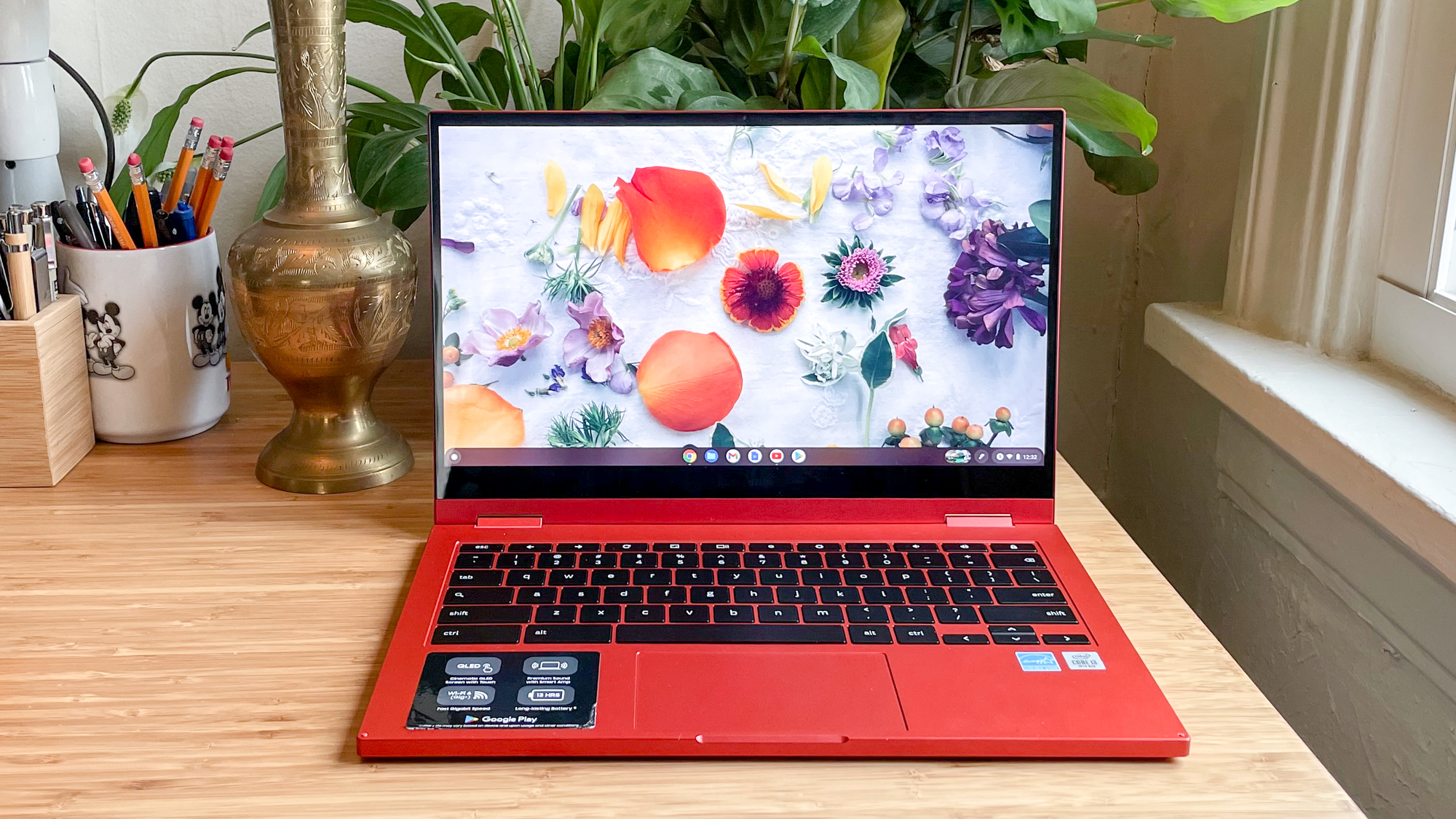Google may be working on custom Chromebook chips — here's why that's exciting
Future Chromebooks could come with custom chips following in the footsteps of the Google Pixel 6

Google could be working on its own custom chips for future Chromebooks, essentially following the lead of the upcoming Google Pixel 6, which is set to use custom silicon designed in-house by the search giant.
That's according to a report by Nikkei Asia, which cites unnamed sources and claims Google is developing customer Arm-based chips for use in Chromebooks and Chrome OS devices come 2023. Such a move could see Google move away from its reliance on Intel for Chromebook chips. If this rumor is legitimate, it could be very interesting for Chromebook users.
- These are the best Chromebooks out right now
- Chromebooks vs. Windows 10 laptops: which should you buy?
- Plus: Microsoft Surface event set for Sept. 22, here's what to expect
Why should you care what Google's silicon engineers get up to? Well, a move to its own chips could shake things up for Chromebooks in several ways.
Firstly, as we've seen with the MacBook Air M1 and the custom Apple M1 chip, companies that make their devices from the silicon level up have strong control over how the hardware interacts with the software, leading to impressive optimizations. So a Chromebook using a custom Google-designed chip could — and we stress could in this case — offer more performance and increased power efficiency than Chromebooks based on Intel processors.
Secondly, Google is big into artificial intelligence, even at a hardware level; Google has already claimed its custom Tensor chip in the upcoming Pixel 6 will offer an AI pipeline between the silicon and the software to deliver machine learning smart features faster and more effectively than devices with Qualcomm Snapdragon chips; previous Pixel phones have all relied on Snapdragon chips.
Thirdly, by moving away from Intel, Google would likely have more control over the manufacturing and production costs of Chromebook chips. And that could mean even cheaper yet still capable Chromebook.
How likely is this unconfirmed titbit of information to to be legitimate? We'd say there's a decent chance, as we're already seen other tech giants start to design their own chips. Aside from Apple, Amazon, Facebook, Microsoft and Tesla are already designing semiconductors for its services and products, seemingly indicating that custom chips are becoming a competitive advantage.
Get instant access to breaking news, the hottest reviews, great deals and helpful tips.
Google has remained tight-lipped on its Chromebook plans. But we suspect before 2021 is over, we might know a little more about its silicon ambitions. Watch this space.

Williesha Morris is an Alabama-based freelance journalist and copywriter currently focusing on accessibility, mental health, gaming, and tech. She's also highly experienced in administrative assistance and office management. Williesha is also an award-winning blogger and activist and has contributed to dozens of print and digital publications, including WIRED, Country Living and TechCrunch. When she's not writing, she's watching true crime documentaries, playing video games or waxing nostalgic for the first few phases of the Marvel Cinematic Universe. In her free time, Williesha volunteers with Hometown Action, an advocacy group focusing on Alabamians in rural areas and small towns.
 Club Benefits
Club Benefits





